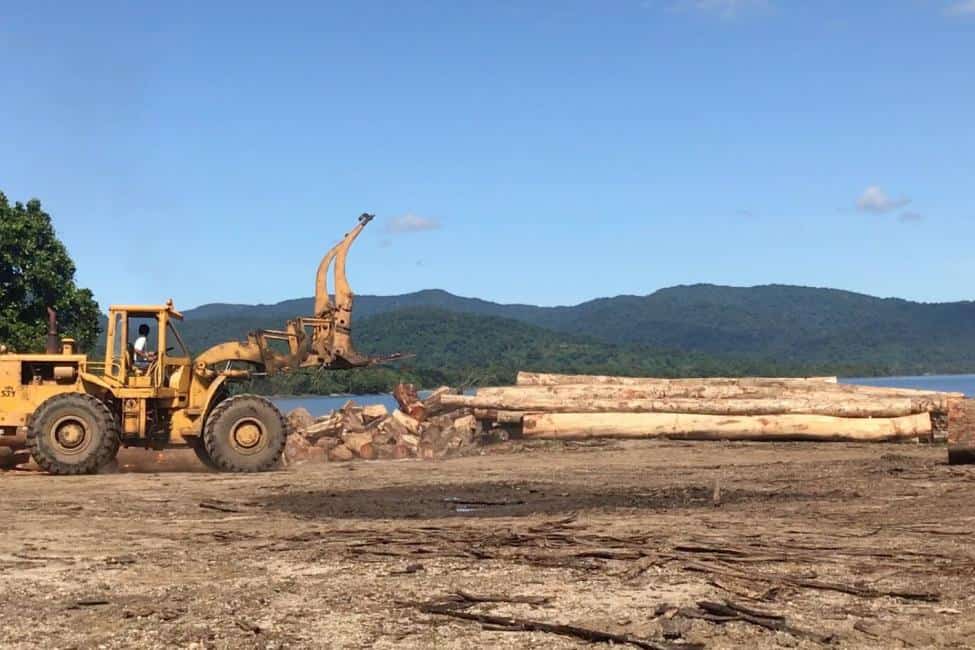Vanimo-Green MP Belden Namah says raising the logging export tax has “killed the logging industry” in Papua New Guinea.
“The Treasurer (Ian Ling-Stuckey) has literally killed the logging industry,” Namah said.
“The Treasurer had made a decision which parliament had passed on 02 December 2022. The decision was to raise logging export tax from 38.5 per cent to 50 percent, then to 70 percent – he did not say how it would affect the logging industry.”
Namah said Ian Ling-Stuckey’s decision was directly responsible for about 3,000 to 5,000 people losing their jobs.
“Today 57 (logging) projects are out – dead. Only 10 projects are still operating in the country,” he said.
He questioned whose advice the Treasurer had been relying on for such a decision.
Namah said the Treasurer had told them that they were increasing the tax so they could collect K30 million(US$8.38 million) to contribute to the United Nations’ Biodiversity and Climate Change Trust Fund.
Namah said there was no need for an increase when they could have just collected from the tax they had and contributed K30 million to the trust fund.
He said he had debated on the importance of the forest industry before, noting that it would be an important developing partner.
“Before Connect PNG, logging companies were connecting the country; they were building roads, bridges, schools and health centres.
“How will you help those who are laid off – put food on their tables?” he said.
“We were supposed to make more than K300 million(US$83.9 million) from logging tax this year; we only made K160 million (US$44 million).”
He said the Government, led by Prime Minister James Marape, had come up with good policies in the renewable sector, especially in agriculture, while the Treasurer’s mid-year report spoke only of how they could make money from the non-renewable sector. He added that the Government’s plan to buy 25 per cent of all logs could not happen as logging activities had been reduced by more than 50 percent.
